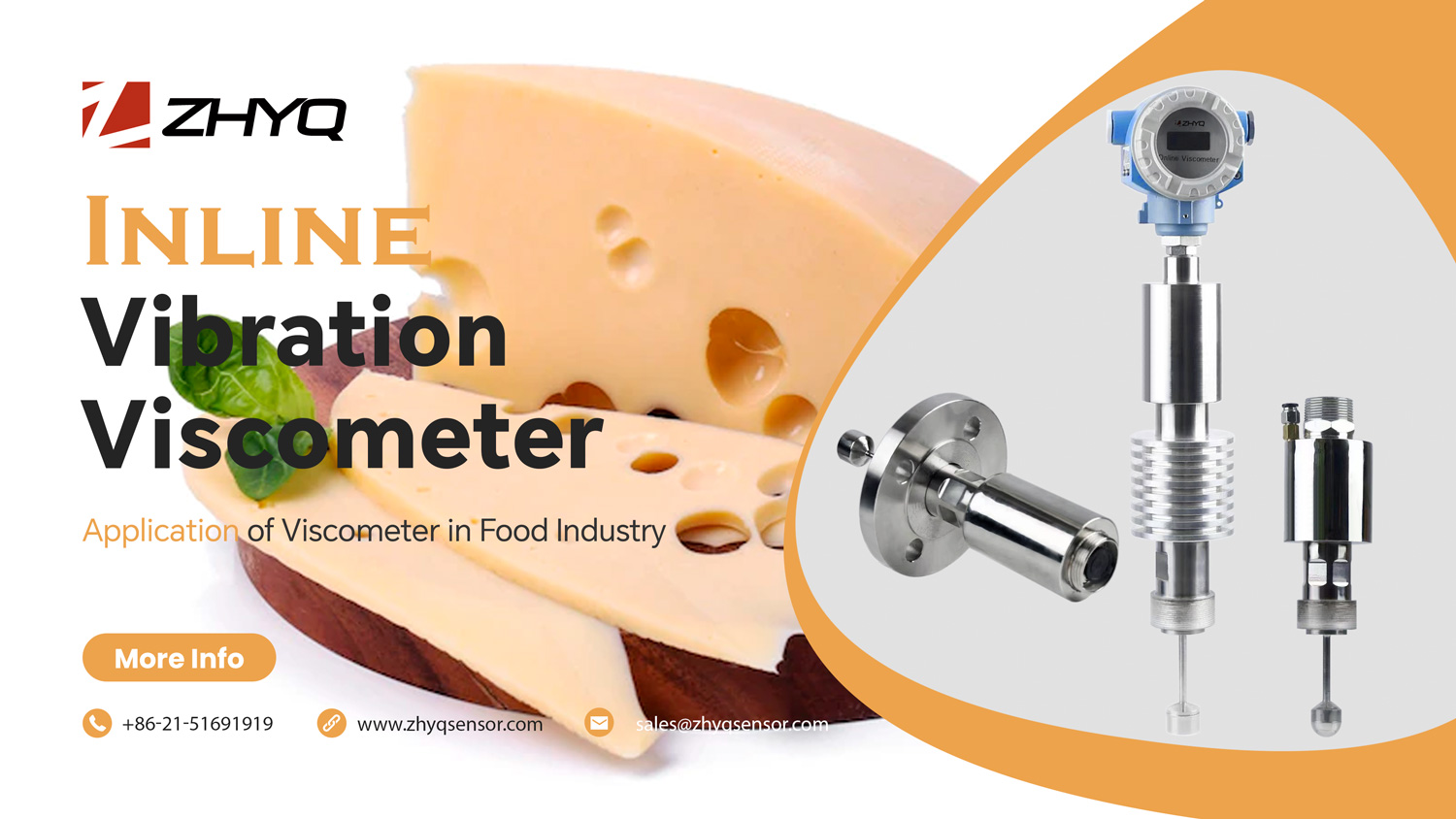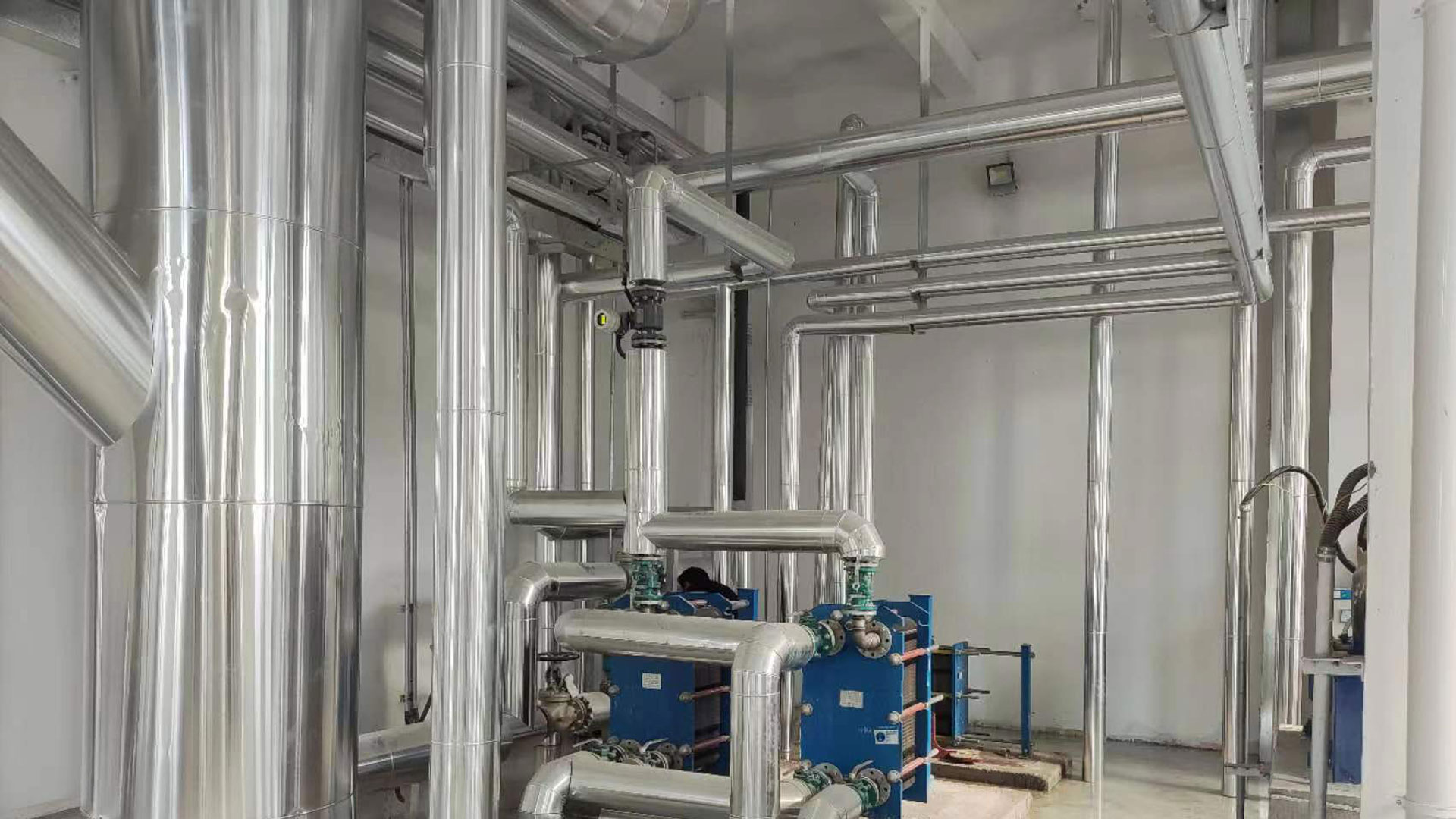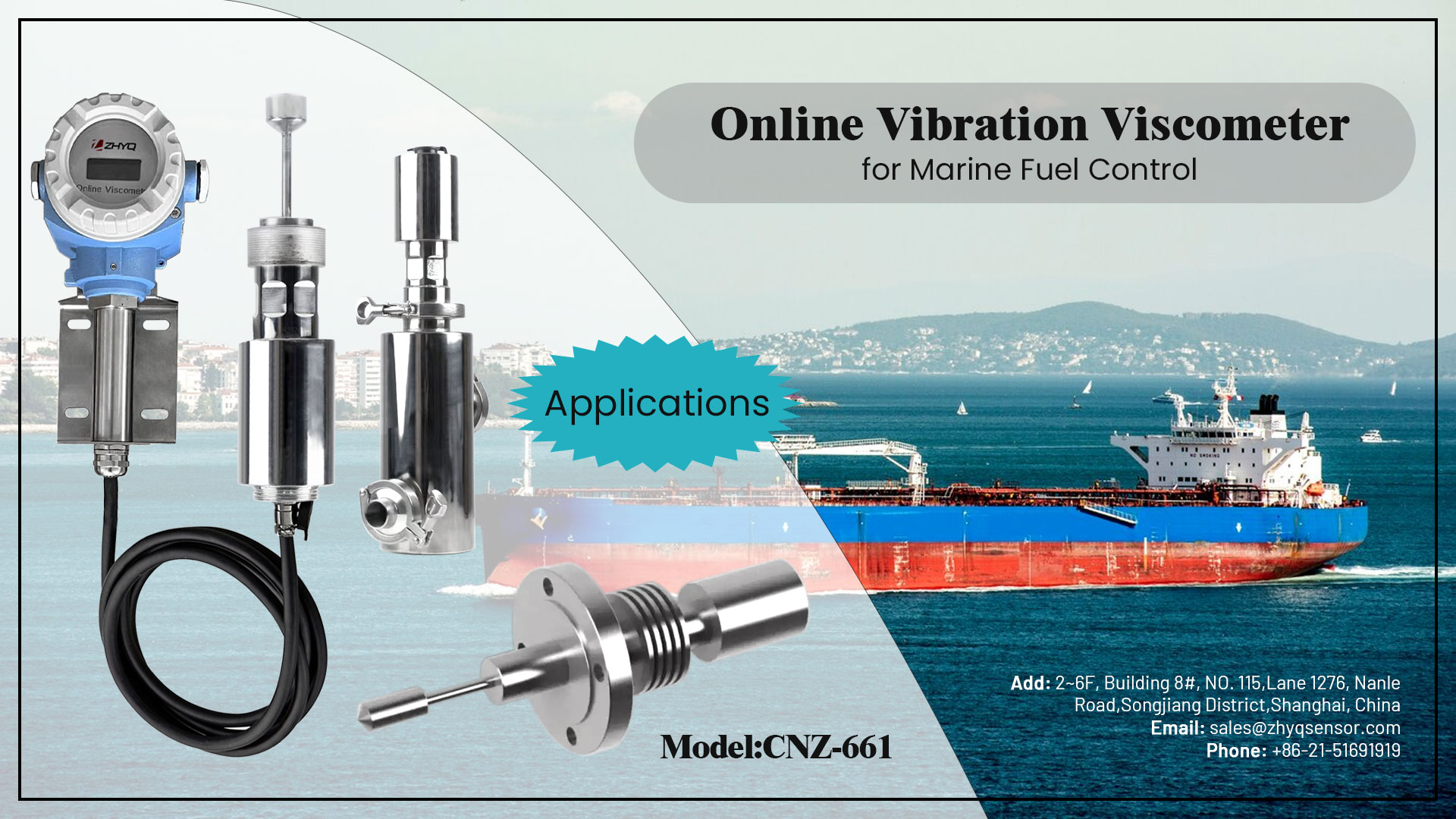In dairy based food industry, there is a need to manufacture products of consistently high quality to stringent specifications from raw materials which may vary in their composition or physical properties. The consumer expects a product to have an appropriate and consistent texture – a property affected by the viscosity.
Typical manufacturing processes involved in dairy processing like thermal cycles and mechanical operations (stirring, filtration, kneading, compression, etc) can significantly change the rheological property, and in turn the final product characteristics. To control a manufacturing process, a quality or parameter which characterizes the current state of the process must first be identified and then measured. Most dairy production processes involve liquids and semi-solid materials. Viscosity is a key physical property of liquids, which gives deeper insights to what is exactly happening at the molecular level that often characterizes the state of a process quite well, whether alone or in combination with other physical and chemical properties.
The stages in the manufacturing process of typical dairy products where a viscometer can provide significant process and quality control benefits are:
1. Formulation, R&D & testing of dairy products and raw materials
Viscosity measurements are used by the process engineers in designing formulations, and for development of products to exhibit target properties. In addition, for pharmaceuticals and food manufacturing, traceability of the process is important for regulatory bodies and inline measurements achieve complete track and trace of the products across the production cycle.
Additionally, viscosity measurements are useful for incoming quality control procedures for screening and testing raw materials prior to release to the subsequent food processing stage.
2. Production Monitoring
Inline viscosity measurements of a fluid that is being processed can give insights of how the process is developing in real-time. Food processing systems equipped with inline viscosity monitoring can detect and compensate for these changes and enable appropriate corrective actions to maintain consistency.
3. Quality Control
The information to verify the efficacy of a processing steps with a reliable quality control (QC) process is extremely essential to ensure consistent batches – a key manufacturing method in dairy industry.
Therefore, it becomes important to monitor the process fluid’s properties in real-time and make adaptive adjustments of:
- Concentration of ingredients/materials
- Stirring intensity
- Mixing temperature
- Mixing time
- Dwelling time
Given that the viscosity of the dairy product during processing is not a static parameter but is varying due to the process requirement as well as from the processing itself, it is crucial to monitor (and control) viscosity during the complete processing cycle.
In summary: in-line viscosity measurement and control can provide an effective and beneficial means of process control in the dairy industry through the following main ways:
- Detecting end-point of mixing/blending process: During the mixing process, characterizing the viscosity is useful in determining the stability, and end-point. During homogenization, many dairy products (which are emulsions) will undergo a substantial viscosity increase as the droplet size is reduced. The amount of this increase will, therefore, be a good indicator of emulsion quality. Monitoring viscosity online enables manual or automatic adjustments to stirring intensity, rotational speed, and other processing variable depending.
- Better ingredients management and handling: Concentration has a strong correlation with viscosity; hence the viscosity information can be effectively used to predict or cross-check
- Viscosity affects the mouth-feel of the product: Dairy product formulations are complex systems with a wide range of applications and commercial uses. Accurate characterization of the products with viscosity data is critical to ensure rheological stability and organoleptic performance when it is being consumed.
For these reasons, viscosity measurement obtained with an inline viscometer can provide an excellent QC benchmark and ensure QA/QC of the process and end-product.
Leave Your Inquiry
Your email address will not be published. Required fields are marked *





